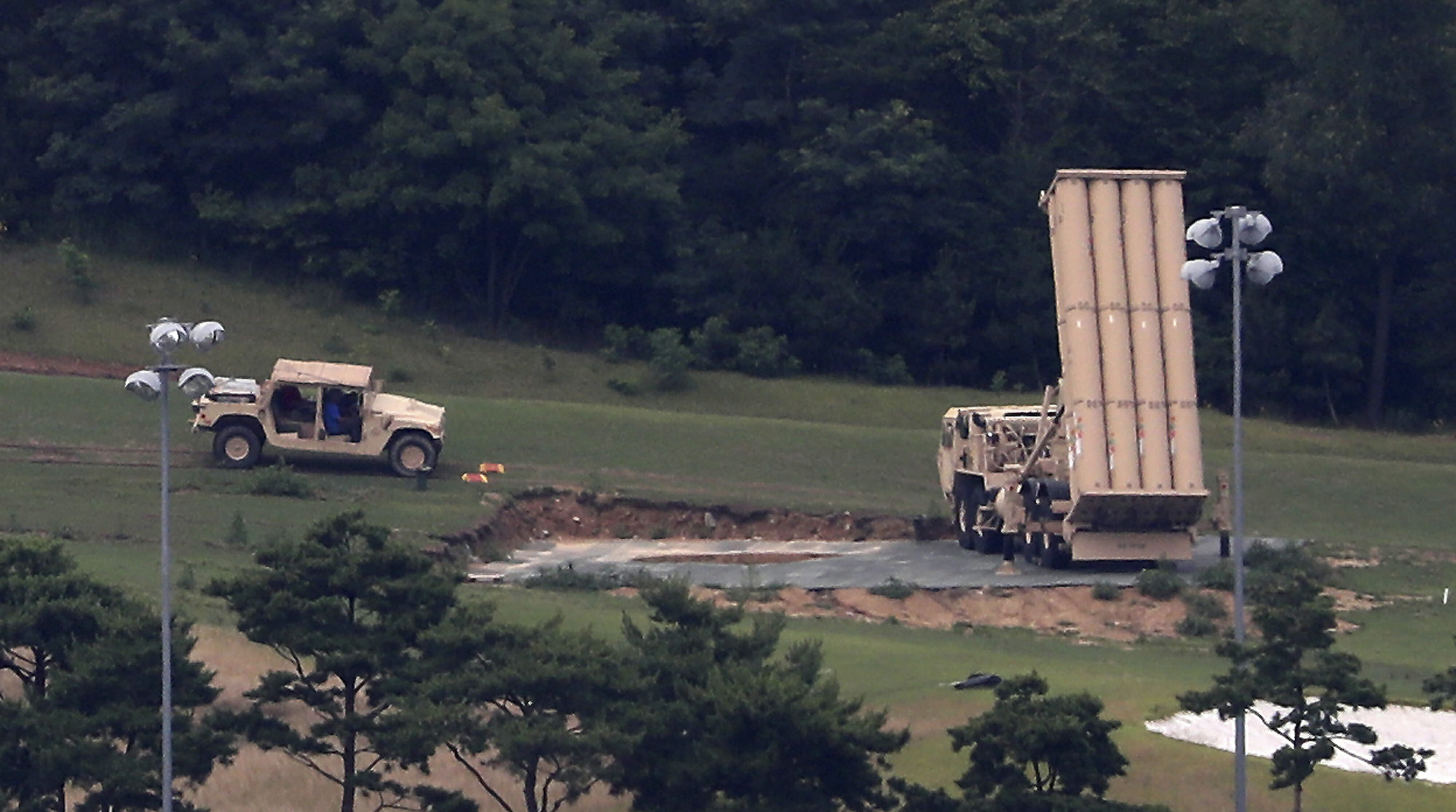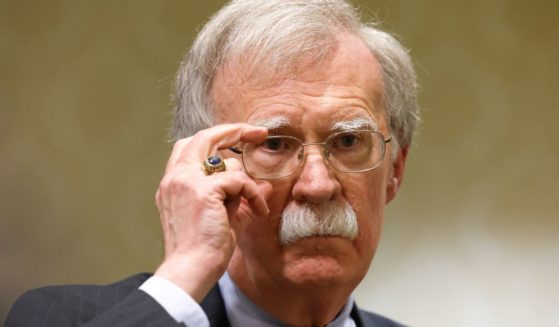
US Deploys Advanced Anti-Missile System in Israel
The U.S. has deployed a highly advanced missile defense system in Israel for the first time, the American and Israeli militaries announced, reflecting their shared concerns about Iran’s development of powerful missiles.
Prime Minister Benjamin Netanyahu hailed the deployment of the Terminal High Altitude Area Defense system, or THAAD, as a testament to the strength of the two countries’ military ties.
Netanyahu added that the defense system makes Israel “even stronger in order to deal with near and distant threats from throughout the Middle East.”
Lt. Col. Jonathan Conricus, an Israeli army spokesman, told reporters that a THAAD battery, flown in from the U.S. and Europe, arrived Monday at an air force base in southern Israel.
He said that the defense battery has only been installed a few times elsewhere in the world, and tested the U.S. ability to carry out accelerated deployment of such powerful and complex weapons.
Israel already has an advanced multi-layered missile defense system, capable of intercepting everything from advanced guided long-range missiles outside the atmosphere to short-range unguided rockets fired from neighboring Gaza.
During this week’s drill, the THAAD battery, which shoots down long and intermediate-range missiles, will bolster Israel’s existing systems.
The deployment is temporary, and for now, the THAAD system will not be permanently integrated into the Israeli defense shield, Conricus said.
The U.S. military echoed said the deployment demonstrates the United States’ “continued commitment to Israel’s regional security” and more broadly shows that U.S. forces can “respond quickly and unpredictably to any threat, anywhere, at any time.”
Conricus described the deployment as a defensive drill unrelated to current developments in the region, but it comes amid tensions with Iran and its Lebanese proxy Hezbollah.
Earlier this year, tensions nearly escalated into a confrontation between the longtime foes when Israel struck Iranian military targets in Syria in retaliation for Iran launching a missile from Damascus toward northern Israel.
The Iranian missile was successfully intercepted by Israel’s defensive shield.
Israeli officials have repeatedly raised concerns about Iran’s development of long-range missiles as well as Hezbollah’s vast arsenal of rockets and missiles in neighboring Lebanon.
The Western Journal has reviewed this Associated Press story and may have altered it prior to publication to ensure that it meets our editorial standards.
Truth and Accuracy
We are committed to truth and accuracy in all of our journalism. Read our editorial standards.
Advertise with The Western Journal and reach millions of highly engaged readers, while supporting our work. Advertise Today.












